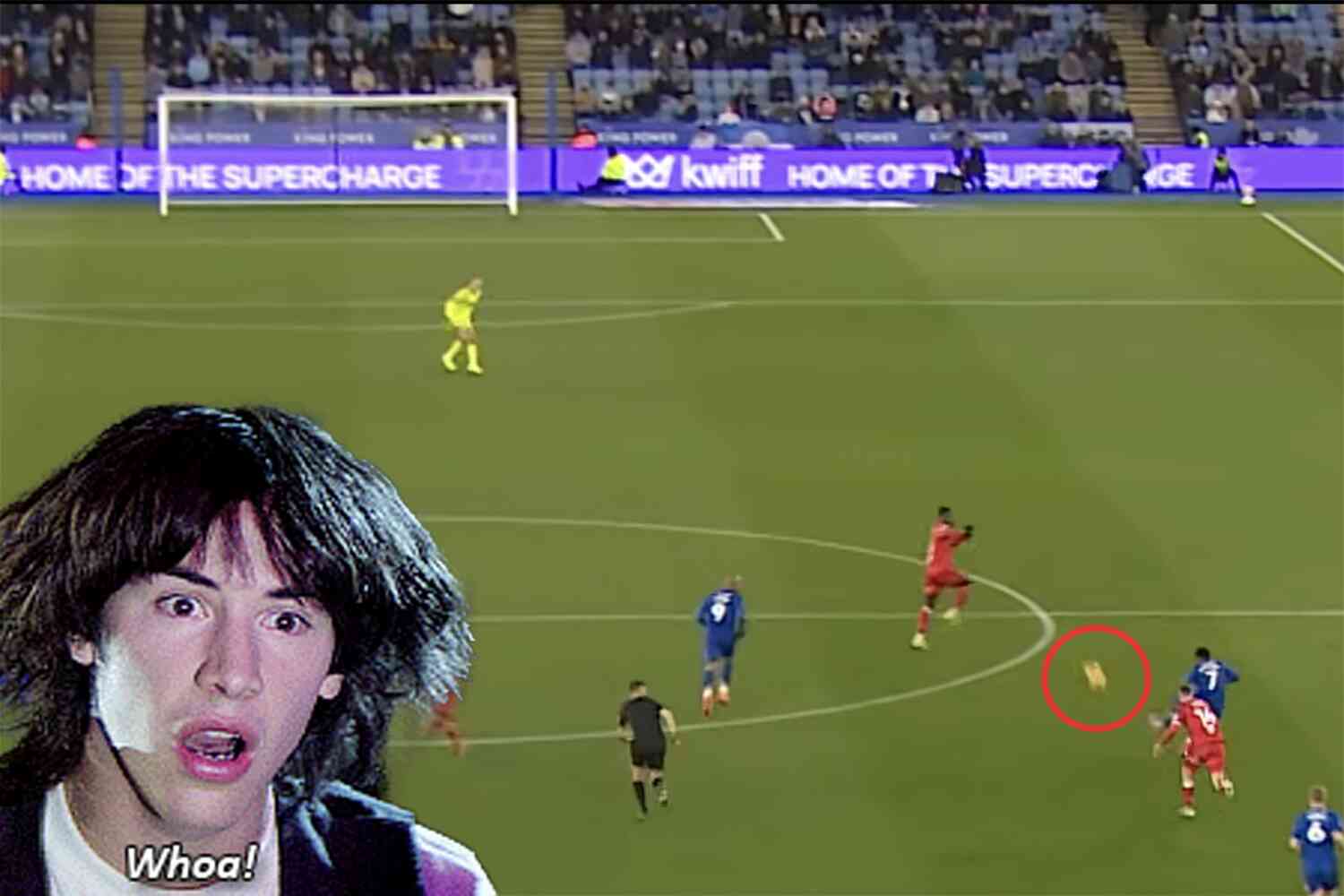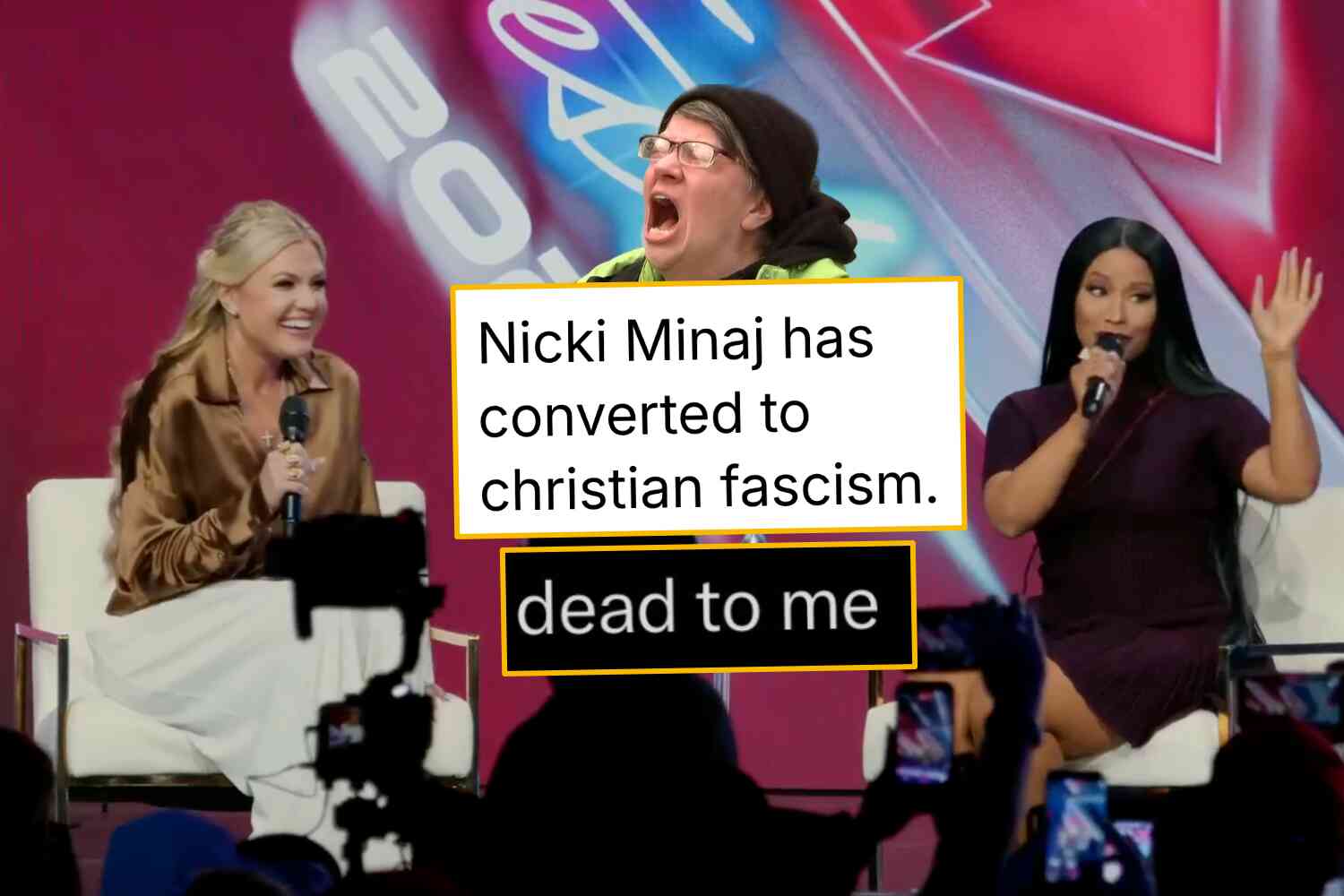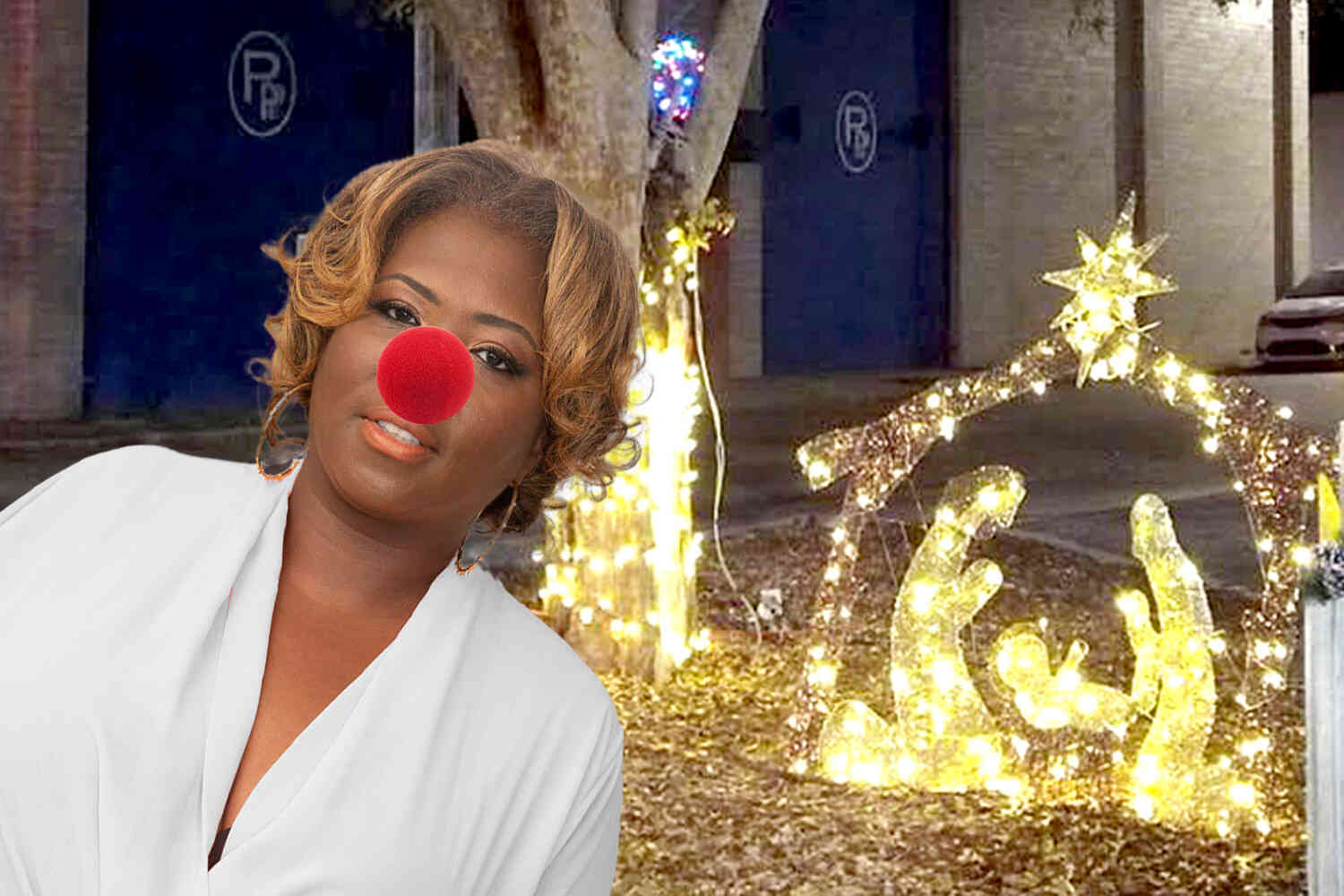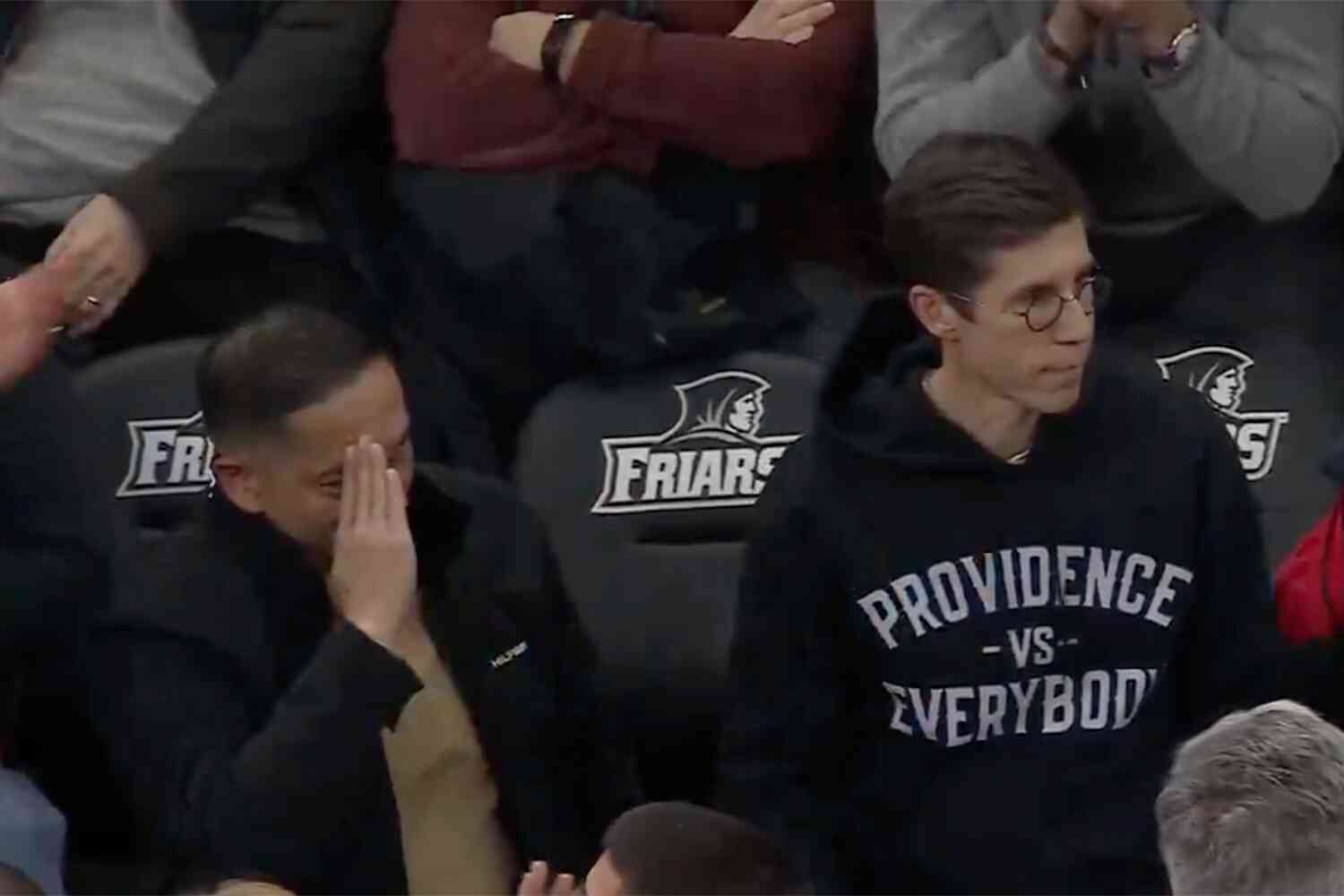There's gaslighting, and then the there's nuclear reactor lighting.
The race of the five officers charged in the Nichols killing has prompted a complex grappling among Black activists and advocates for police reform about the pervasiveness of institutional racism in policing.
"Complex."
No doubt!
Trying to build an argument out of racism when you have only one race to work with is like trying to build a sand castle out of just the water.
Oh, but they try.
The widely viewed videos of the Nichols beating provided fodder for right-wing media ecosystems that routinely blame Black America's maladies on Black America, and spawned nuanced conversations among Black activists about how systemic racism can manifest in the actions of non-White people.
Nuanced = tortured.
In fact, I should probably insert a graphic warning here, as the logic that follows is so tortured that it surely violates several provisions of the Geneva Convention.
He pointed to many factors in the policing system that lead to a disproportionate response against people of color: directives to work in neighborhoods where more people of color live and a system that relies on the discretion of the officer to enforce things like traffic stops, opening the door for internal biases to play a role.
More people of color are murdered in Memphis, making up about three-quarters of the total, more than their share of the population, so maybe not a racist-driven allocation of resources?
"This is what I fear: What's going to happen in Memphis is what happened to Minneapolis — is that when Derek Chauvin and the other [three] officers were charged, the narrative turned from an issue of the police department to an individual issue," Austin said. "That was a PR strategy."
This is activists' greatest fear: That when attention turns to individual accountability, they will no longer be able to use group identity to turn large segments of society against each other and in so doing accumulate more power for themselves.
And you know what that means: Time to break out a professor!
Systemic racism can be more difficult for the general public to grasp than explicitly visible White-on-Black crimes, said Craig Futterman, a clinical professor of law at the University of Chicago Law School who studies policing and civil rights.
You're not a professor. You're the "general public" so you find it difficult to grasp the nuanced complexity of making things up.
Nikki Owens felt a similar frustration in the aftermath of the death of her cousin, William Green, who was shot to death while handcuffed by a Black officer in Prince George's County, Md., in January 2020.
Clearly a personal tragedy and that officer was held accountable and is going to trial shortly.
But that's not enough.
"In America we're taught that racism is black and white," said Owens, who now works with the Maryland Coalition for Justice and Police Accountability. "And we are not taught about institutional or systemic racism, even though we see it everywhere. We are taught that if a Black person kills another Black person, it can't be racist. It's ‘Black-on-Black crime.'"
We are not taught that. No one is taught that. No one has to be. It is a priori true. There might be an issue between those two individuals, or just the sadly all-too-common evil of which human beings are capable, but it cannot be racism.
"There wasn't the outrage," she said. "Even when George Floyd passed away, nobody reached out to us."
The need to constantly bandage their wounded souls with blind rage is genuinely sad.
"When I was out in the community and I would talk to people, I could see their reaction when I told them the officer was Black," she said. "And some people would ask what color the officer was, which is another indication of that lack of understanding."
For those keeping score, it's "complex," "nuanced," "difficult to grasp," and indicates a "lack of understanding."
At some point you kind of have to ask yourself whether your complex nuanced difficult lack of understanding argument might just be a bunch of gobbledygook.
The Post interviewed a part-time activist who drove over 6 hours to Memphis to protest and recorded her profound disappointment that there wasn't more rioting.
Robinson, 28, a manager at a Kentucky Fried Chicken restaurant, said the turnout was nothing like what she saw in Memphis after Floyd, a Black man, was murdered in Minneapolis police custody in May 2020. In a way, the city seemed too peaceful after the Nichols killing, she said.
It's peaceful. a little bit too peaceful if you know what I mean.
And then she says the quiet part out loud.
Robinson said one of the major reasons she thought many people seemed more subdued in response to the Nichols death was that the five officers charged in beating him are Black. If the officers had been White, "All hell would have broken loose. The city would have been in war."
She's right about that, but why?
Is it because people mistakenly fail to see the blatant racism in black cops killing a black man, or is it because common-sense people of all races aren't buying the rhetorical acrobatics of their argument.
The real shame of this is that the everything-is-caused-by-racism lobby does an enormous disservice to the communities they purport to serve by driving away natural allies such as myself.
Policing is in dire need of reform. I personally think the problem lies with the fact that we ask police to spend 8-hour-plus shifts, at least five days a week, dealing with the most depraved and evil elements of our society and expect them not to turn into low-grade sociopaths.
But we'll never deal with that issue if all we talk about is race, even when race isn't an issue.
There's a reason for this. It goes beyond the useful idiots who unwittingly create "DeSantis for President" ads like this.
If you think the Memphis police officers had to be white in order to exhibit anti-Blackness, you need to take that AP African American Studies course Ron DeSantis just banned.
That's why he banned them, champ, because they're nonsense.
So what is this all about.
About power as always, and seemingly always with the same cast of characters.
The outfit the aggrieved Nikki Owens above works with, the Maryland Coalition for Justice & Police Accountability (MCJPA), is a collection of organizations. But which organizations?
There are the socialists, of course. They never pass up an opportunity to pit groups of people against each other: Class, race, ethnicity, they don't care, as long as they can use it to their advantage.
- Prince George's County Branch of Democratic Socialists of America
- Baltimore City Democratic Socialists of America
- Greater Baltimore Democratic Socialists of America
- Montgomery County Democratic Socialists of America
Then there are the pro-abortion advocates, because nothing says you support the black community like actively trying to keep it as small as possible.
- Pro-Choice Maryland
- Planned Parenthood of Maryland
- Baltimore Abortion Fund
There are a whole slew of progressive organizations, of course, but some oddities as well worth mentioning.
- National Coalition for Drug Legalization
Advocating more addiction.
It's like they're loving you too much.
- Maryland Office of the Public Defender
Um, that's a department of the state government. They're allowed to spend time and resources with groups lobbying the state?
One more, possibly my favorite.
- Sierra Club Maryland Chapter
They describe themselves as "...the largest and most enduring grassroots environmental advocacy organization in the nation."
(Just in case you ever wonder where your donations to preserve the environment are really going.)
There are powerful forces afoot bent on pitting us against each other, and they are not going to let little things like facts and common sense get in the way.










